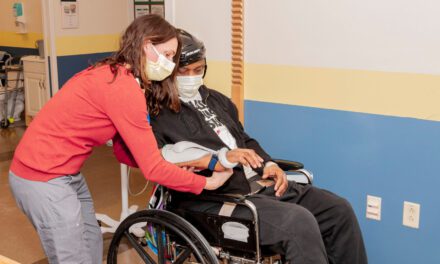 |
| Maya Angelou |
The National Institutes of Health (NIH), Washington has scheduled a summit on December 15 to 18 in Maryland to develop a new framework for understanding and eliminating health disparities.
The Summit will focus on health gaps and diseases affecting targeted demographics, including: African Americans, American Indians, Alaska Natives, Asian Americans, Hispanics, Pacific Islanders (including Native Hawaiians), and individuals of all races and ethnicities living in poor and medically underserved communities. They are more likely to suffer from a disparity in disease identification and treatment than other populations. The disease target categories include diabetes, stroke, heart disease, HIV/AIDS, and obesity.
It will involve all 27 institutes and centers of the NIH with the National Center on Minority Health and Health Disparities (NCMHD) acting as the lead. It will be held at the Gaylord National Resort and Convention Center in National Harbor, Md.
The Congressionally-approved Minority Health and Health Disparities Research and Education Act, also known as United States Public Law 106-525 (2000), has defined health disparities for the federal government and the NIH as follows: "A population is a health disparity population if there is a significant disparity in the overall rate of disease incidence, prevalence, morbidity, mortality, or survival rates in the population as compared to the health status of the general population."
Nearly 4,000 of the nation’s leading health disparity experts across multi-disciplines are expected to attend. The agenda includes formal presentations by government, private, and public leaders, and track-categorized interactive breakout sessions, exhibits, and networking opportunities.
Maya Angelou is scheduled to deliver the morning keynote on Tuesday, December 16, and Dr Howard Dean will deliver the morning keynote the following day. The event will conclude with an awards dinner and a wrap-up session addressing next-step action items involving the further integration of science, practice, and policy needed to facilitate eliminating inequities and alleviating health disparities.
Much of the research and science of health disparities can be traced to a myriad of seeds from the civil rights movement to the turn-of-the-millennium legislation that defined health disparities.





